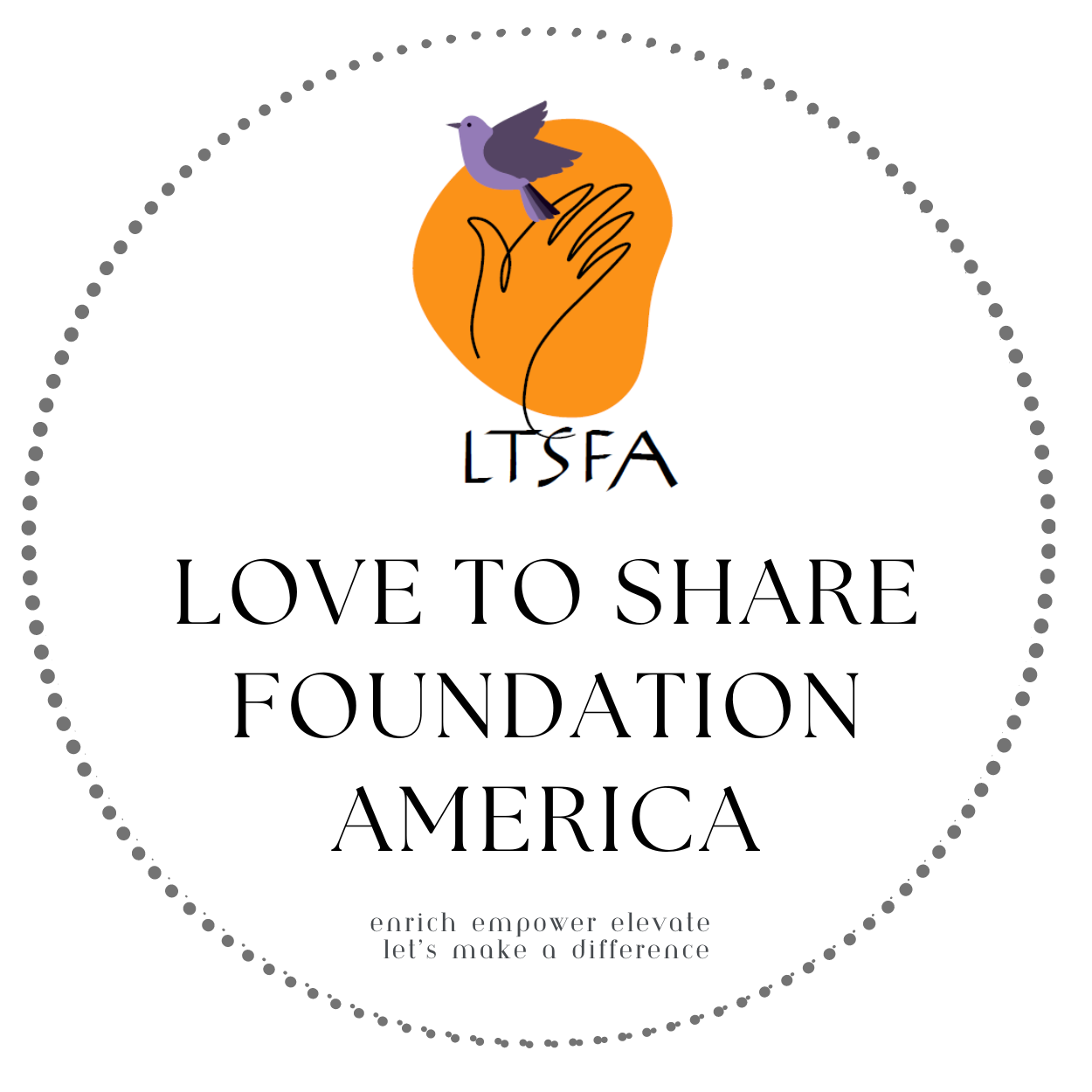ANCIENT WISDOM FOR MODERN TIMES
The Karma theory: Is an executioner incurring ‘bad karma’ for carrying out his duty?
Often, we encounter questions, “Why do I suffer? Why is this happening to me? Why is someone more successful? etc.” The one answer to all these is different shades of “karma”, “past birth”, and “what goes around comes around”. Is our life predestined to be a certain way? Yes, it is! While we do not remember our past births, our actions in the previous birth determine the good and bad that happen to us now.
The Mahabharata, a text that depicts history spanning over 5,000 years, illustrates the concepts of dispassion and attachment to action through the story of a sage and a butcher. The sage is pleased with the powers he acquired through penance and misuses them. The butcher stays unaffected by his actions of butchery and is very enlightened. Through the interaction between the sage and the butcher, the Mahabharata shows the importance of actions with dispassion. The enlightened, dispassionate butcher expounds to the sage, who shows ownership of his powers, that whatever occurs in one’s life is predestined. Everything that happens from birth to death is predestined. We inherit our destiny based on the attachment we have to actions in our previous birth.
Good deeds lead to happiness, or at least give us the power to withstand the consequences of our karma. This is depicted in the many examples from the ancient scriptures and epics. An example is of a King, who accepted destiny and used the time he had left from a curse to attain the Lord. Another example is of a distressed elephant surrendering to destiny and praying to the Lord when a crocodile clutches its leg and doesn’t let it go for thousands of years. Examples of the importance of actions without attachment to outcomes are found in the lives of great saints and stories from the ancient epics. One such example is a request to Sage Ramana, by Mahatma Gandhi, to execute mercy killing of struggling animals, to which the sage replies that deeds done without attachment to outcome do not affect one. Another example is from the Bhagavad Gita, in which Lord Krishna reminds Arjuna (the son of righteous king Pandu) that Arjuna was but an instrument of the Lord. The Lord reminds him that he had already slain them all when Arjuna was hesitant to take up arms on the battlefield. A daily life example is professional executioners in jails, who hang criminals as their duty. As the act of killing is a duty, they would be unaffected by that killing action and would not accumulate sin. Consequences of actions or karmas are dependent on the type of actions done - good or bad, and whether they were done with an expectation of a certain outcome or not. The rewards of good deeds in the present birth will enhance the merits in the current birth or reduce the demerits we acquired from the previous birth.
Actions done with dispassion, with an understanding that outcomes are beyond our control, and acting as an instrument of the Lord, are key to avoiding the karma burden.
This article is based on the video, “Good deeds-The Steer towards God” from the His Voice series by Maharanyam Sri Sri Muralidhara Swamiji - https://www.youtube.com/watch?v=we266nlBqHE&list=PLS6-9iHVLDaOytj_5VNvZKFXdaN9atCoh&index=31
Srividya Shrikant Iyer, Woodland, CA
